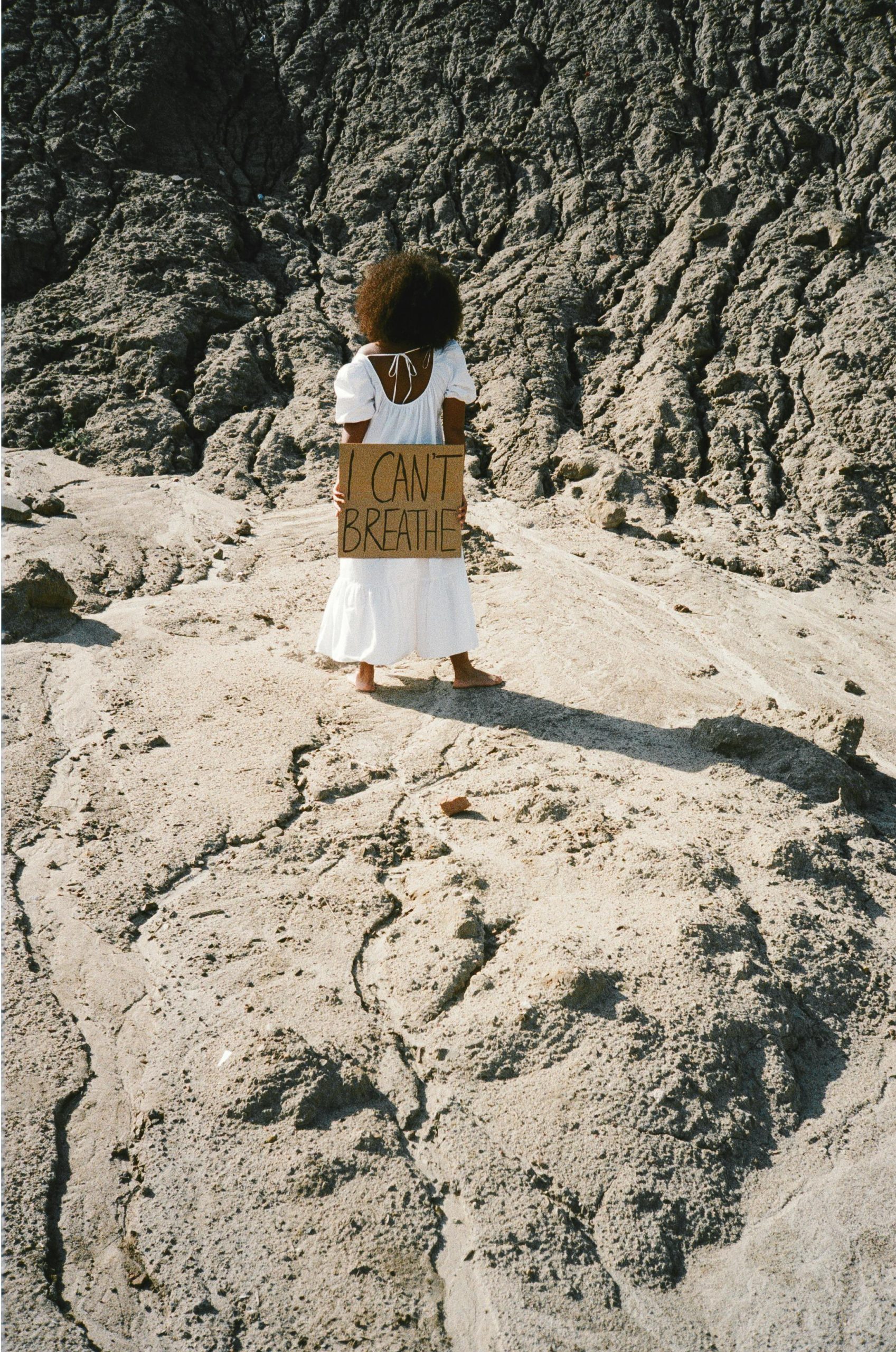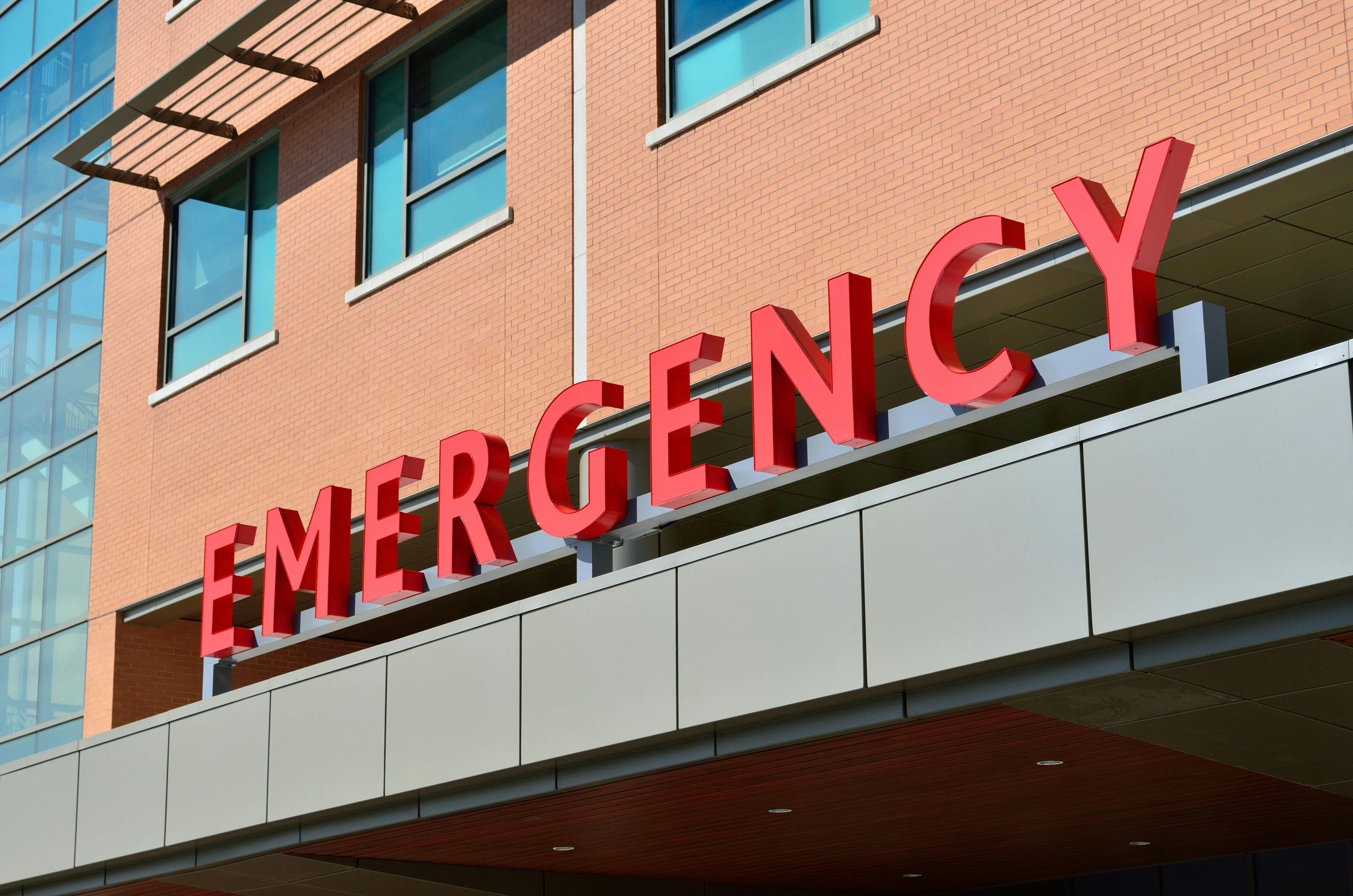Understanding Financial Responsibilities After an Uninsured Car Accident
What Happens When an At-Fault Driver Lacks Insurance?
If you’re involved in a collision where the at-fault driver does not have insurance, you might wonder: Is the compensation they owe entirely out of their pocket? And what are your options if they choose to ignore the bill?
In the unfortunate event of a hit-and-run or an uninsured driver causing damage, the situation can become complicated. Typically, the damages are assessed by insurance adjusters, and the responsible party is expected to pay for the repairs or compensate the affected parties. However, if the at-fault individual does not carry insurance, the burden often shifts to their personal finances, which can be substantial or minimal depending on their circumstances.
Potential Financial Implications for the Uninsured Driver
When an uninsured driver causes significant damage—such as in cases involving multi-vehicle accidents with extensive property damage—their personal liability can be considerable. Laws vary by jurisdiction, but many states allow affected parties or their insurance providers (if available) to pursue legal action to recover costs.
Is the debt the same as a typical insurance claim, or does it become a different kind of financial obligation?
If the responsible individual refuses or neglects to pay the damages, the injured parties may seek compensation through legal channels. This can result in wage garnishments, liens on assets, or even court judgments that remain until the debt is settled. Moreover, some jurisdictions impose financial penalties or license sanctions on uninsured drivers, which can further complicate their ability to handle the owed amount.
Real-Life Cases and Considerations
For instance, imagine a scenario where a reckless driver intentionally crashes into multiple vehicles, causing damages exceeding $100,000. If this person is uninsured and has a history of reckless behavior, the financial fallout can be overwhelming. The affected drivers may need to pursue legal action to recover their losses, and the at-fault individual might be liable for the entire amount personally.
However, if the individual chooses to ignore the debt, recovery becomes more challenging. The impacted parties might need to file a lawsuit, which can take time and cost additional resources. Ultimately, the debtor’s ability to pay hinges on their financial situation, assets, and willingness to settle.
Conclusion
Dealing with damages caused by uninsured or reckless drivers can be complex and stressful. Understanding your legal options and the potential financial responsibilities of the at-fault party is crucial. If you’re concerned about such incidents, consulting with a legal professional experienced in auto accidents



